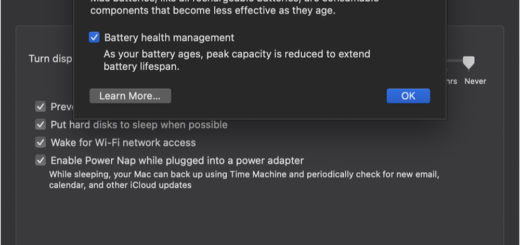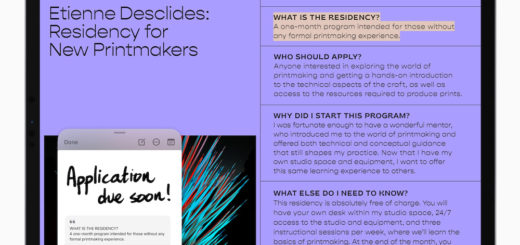EU says all smartphones and tablets must be USB-C by 2024
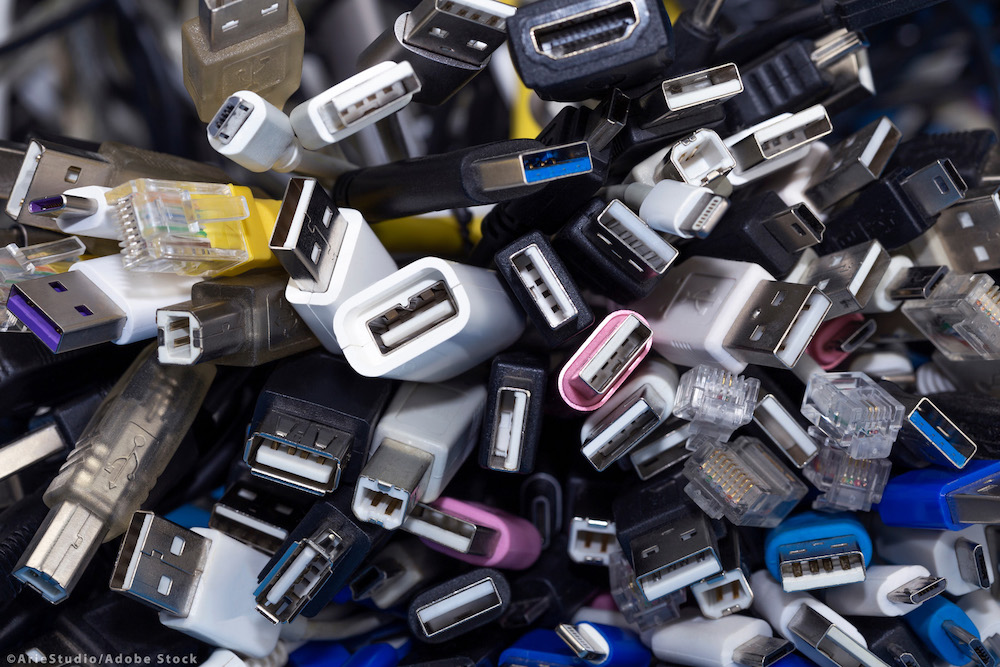
Heap a Lot Of USB (Universal Serial Bus) cables Connectors plugs universal standart for computer different types cables and Ports peripheral
By 2024, Apple must adopt USB-C as the charging port across all its smartphones, tablets, and cameras for sale in the EU, regulators have agreed. Macs will need to adopt the same charging port later but are being given more time.
Making chargers interoperable
The provisional agreement on the amended Radio Equipment Directive, establishes a single charging solution for certain electronic devices.
The law is a part of a broader effort to make products in the EU more sustainable, to reduce electronic waste, and make consumers’ lives easier.
The idea is that consumers won’t need to get a different charging device and cable every time they purchase a new device and can use one single charger for all devices.
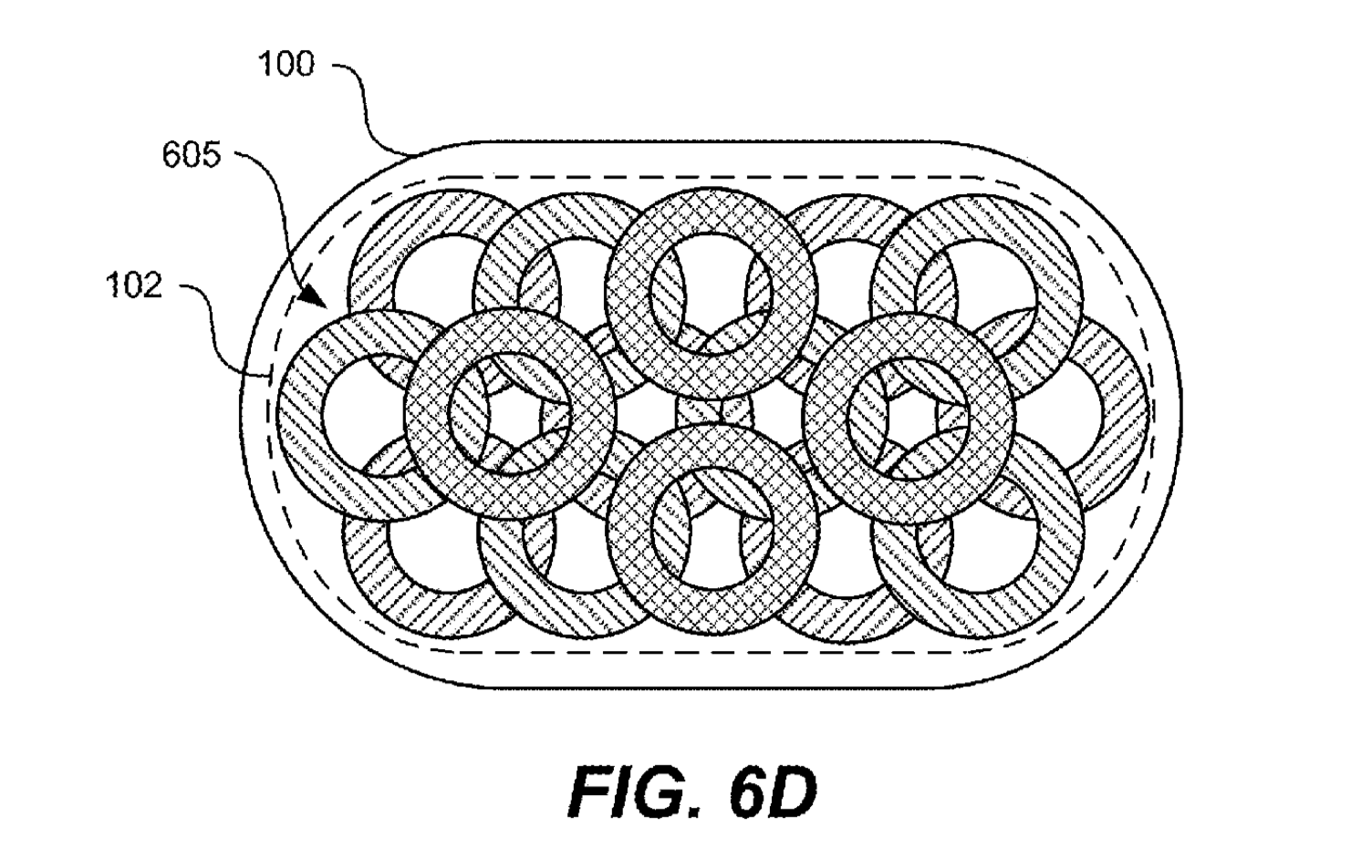
Apple made multiple patents around AirPower, but couldn’t get there at the time — will the law take the project out of mothballs?
What Europe thinks
Parliament’s rapporteur Alex Agius Saliba (S&D, MT) said: “European consumers were frustrated long with multiple chargers piling up with every new device. Now they will be able to use a single charger for all their portable electronics. We are proud that laptops, e-readers, earbuds, keyboards, computer mice, and portable navigation devices are also included in addition to smartphones, tablets, digital cameras, headphones and headsets, handheld videogame consoles and portable speakers. We have also added provisions on wireless charging being the next evolution in the charging technology and improved information and labelling for consumers”.
What this means for us
Mobile phones, tablets, e-readers, earbuds, digital cameras, headphones and headsets, handheld videogame consoles and portable speakers that are rechargeable via a wired cable will have to be equipped with a USB Type-C port, regardless of their manufacturer.
Laptops will also have to be adapted to the requirements by 40 months after the entry into force.
Buyers will also be able to choose whether they want to purchase new electronic equipment with or without a charging device.
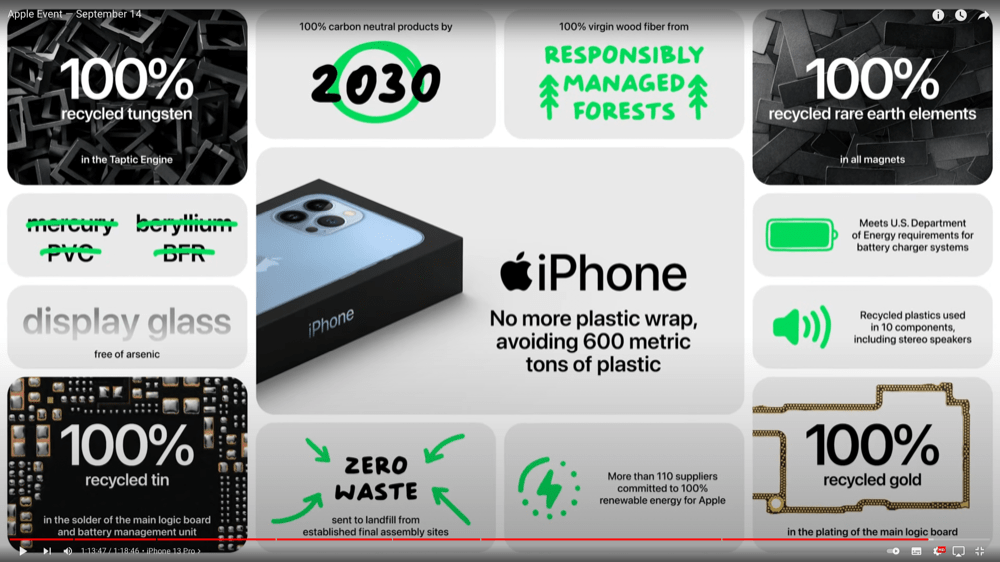
Apple no longer includes a charger with iPhones
What difference this makes
Europe argues that these rules will help increase re-use of chargers and help consumers save up to 250 million euro a year on unnecessary charger purchases. Disposed of and unused chargers are estimated to represent about 11,000 tonnes of e-waste annually. As wireless charging technology becomes more prevalent, Europe will also be empowered to develop so-called delegated acts, on the interoperability of charging solutions.
What this means for Apple
- We already think Apple is preparing to migrate its iPhones to use USB-C.
- We also know the company continues to explore wireless power technologies.
- It seems plausible to anticipate the company will continue to invest in developing and improving its wireless technology as it maintains its journey towards devices without wires.
So the most likely outcome for Apple will be to expedite and improve the capacity of its devices to charge wirelessly, enabling it to avoid the physical limitations set by use of USB-C.
Please follow me on Twitter, or join me in the AppleHolic’s bar & grill and Apple Discussions groups on MeWe.


